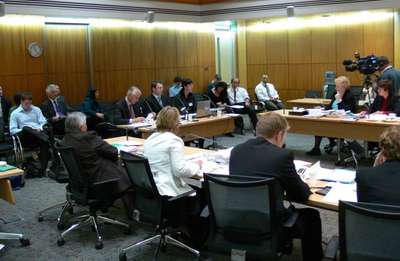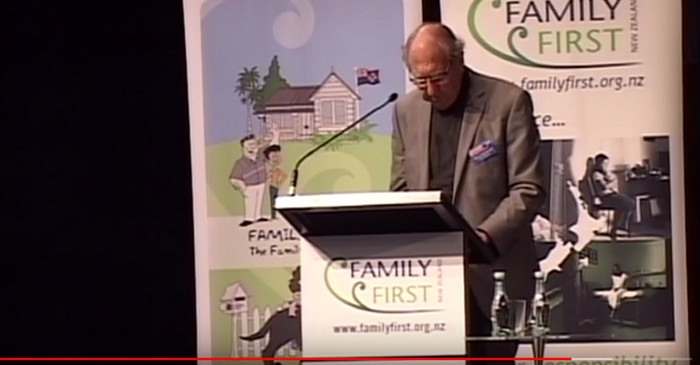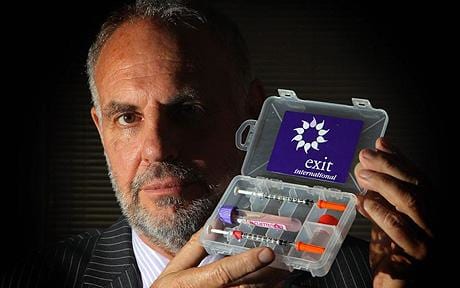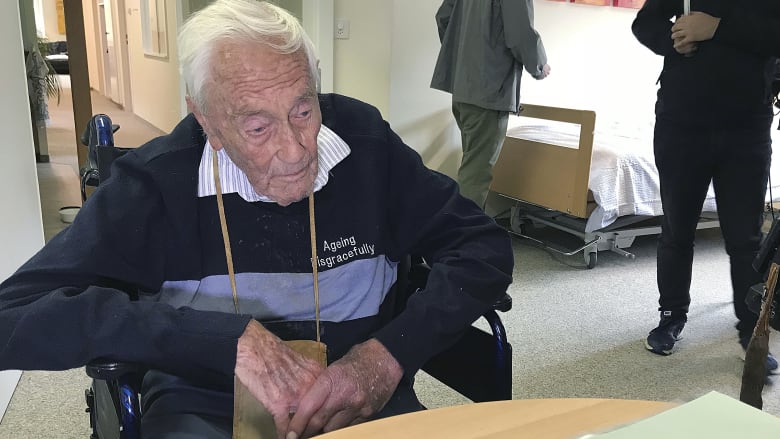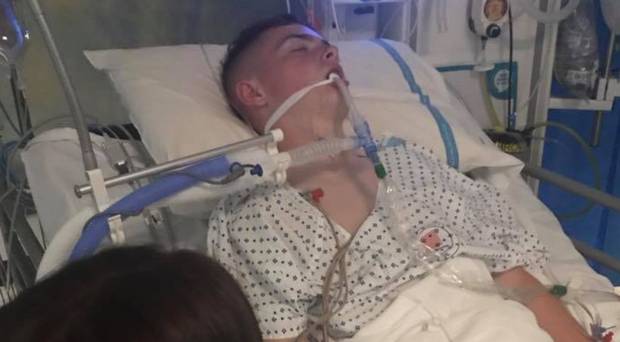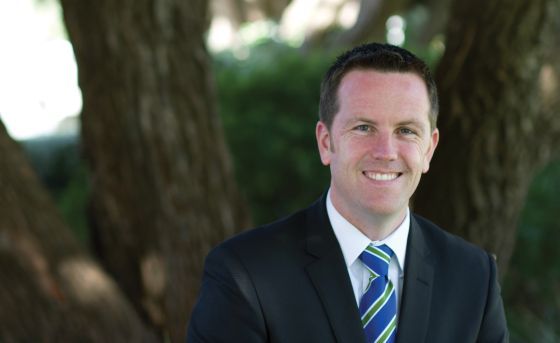
NZ Herald 27 May 2018
Family First Comment: “I do not want New Zealand to become a country where vulnerable dementia sufferers or disabled people are not valued and become even more susceptible to pressure from society to end their lives prematurely. I share in the concerns of Disability Rights Commissioner Paula Tesoriero, who said the bill “undermines the position of disabled and vulnerable members of our community. It devalues their lives and poses significant risk to them.””
www.protect.org.nz
As deputy chairwoman of the justice select committee, I’ve been listening to some very well considered submissions on the controversial euthanasia and assisted suicide bill before Parliament.
There were 36,000 individuals and groups who wrote to Parliament with their views on the End of Life Choice Bill. Ten per cent have indicated that they would like to be heard in person, which the committee has promised to do.
So we have extended the reporting deadline from September to next March. While I will listen attentively and respectfully to everyone’s viewpoint, I remain concerned at the lack of adequate safeguards to protect our most vulnerable.
A troubling aspect emerging from the public discussions is the large number of people who say they are in favour of the bill but who admit that they have not actually read it, claiming they don’t care about the detail, they just want to have the option.
Have you ever heard of anyone who did not want to die with dignity or be treated with compassion? Rather than being lulled by the wording around this poorly drafted bill, I’ve been urging people to delve deeper – it’s vital to know the details when stakes are so high and protections for the vulnerable so low.
Many incorrectly assume the law only applies to the terminally ill, but it would actually licence doctors to end the life of anyone with a “grievous, irremediable condition”.
That vague phrase is not an accepted medical or legal one and leaves the door open for coercion and abuse, and could potentially extend to include people with long-term conditions such as arthritis, dementia and diabetes as it has in other countries that have opened the door to euthanasia.
READ MORE: https://www.nzherald.co.nz/health/news/article.cfm?c_id=204&objectid=12059324




